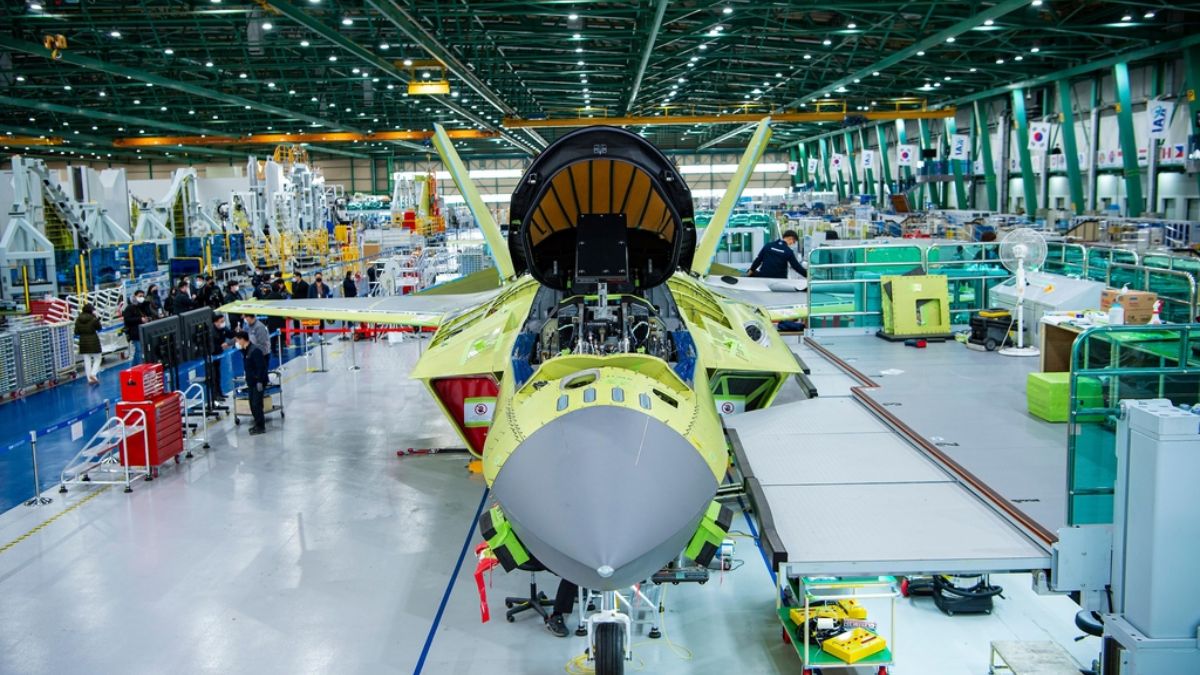South Korea is set to unveil a comprehensive and practical roadmap for the development of its jet engines by the end of 2024, according to the Defense Acquisition Program Administration (DAPA). The move is part of the country’s long-term plan to enhance its defence capabilities and reduce reliance on foreign technology for military aircraft.
DAPA’s head confirmed the plan during a press briefing, emphasizing that this initiative is critical for South Korea’s goal of self-reliance in defence technology. Currently, the nation depends on imported engines from global manufacturers for its military jets, such as the KF-21 fighter jet project. Developing indigenous engines is expected to significantly boost the country’s aerospace and defense industry, while also allowing for the development of advanced technologies that could be exported globally.
The roadmap is anticipated to outline the steps required for research and development, including collaboration with domestic defence contractors and academic institutions. This initiative will also likely involve significant investment in facilities and training for engineers, as well as partnerships with international defence experts for technical know-how.
South Korea’s push for Indigenous engine development comes amid heightened global competition in the defence sector and growing security challenges in the Asia-Pacific region. By producing its jet engines, South Korea aims to strengthen its defence posture and reduce vulnerabilities associated with foreign procurement, such as supply chain disruptions and export restrictions.
The Korean defence industry has already made strides in developing the KF-21 Boramae fighter jet, which recently completed successful test flights. However, the jet still relies on U.S.-made engines. This new roadmap is expected to accelerate the development of domestic engines to eventually replace these imports.

